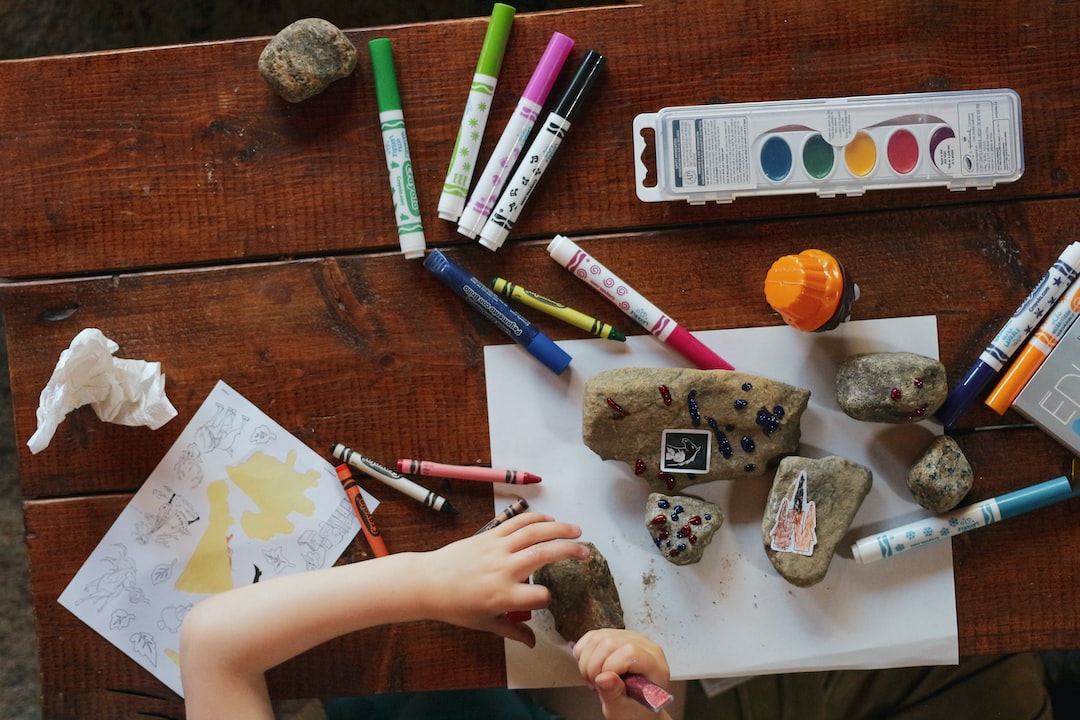Encouraging Creativity in Children: Art Education and Its Benefits
Creativity is a fundamental aspect of human expression and plays a crucial role in the development of children. It allows them to explore and understand the world around them, fostering innovation, self-expression, and problem-solving skills. One of the most effective ways to cultivate creativity in children is through art education. In this blog post, we will explore the benefits of art education in encouraging creativity in children.
Art education provides a platform for children to express themselves freely and without judgment. It allows them to use their imagination and explore different perspectives, ideas, and emotions. Through art, children can communicate their thoughts and feelings in a non-verbal way, thus developing a stronger sense of self and emotional intelligence.
Engaging in artistic activities can enhance a child’s problem-solving skills. Art encourages children to think outside the box and consider different possibilities. Whether it’s figuring out how to mix colors to create a desired hue or rearranging shapes and lines to form a harmonious composition, art requires children to think critically and find creative solutions. This ability to think creatively and problem solve is applicable to various aspects of their lives, beyond the realms of art itself.
Art education also fosters resilience in children. Creating something from scratch takes time, effort, and patience. Children learn that not everything comes easily, and mistakes and setbacks are part of the creative process. They develop perseverance and resilience by persisting and attempting to improve their work. This resilience mindset can translate into other areas of their lives, enabling them to overcome challenges and pursue their goals with determination.
Collaboration and communication skills are essential in today’s interconnected world. Art education provides opportunities for children to engage in collaborative projects, where they learn to exchange ideas, negotiate, and compromise. When children collaborate on an artistic endeavor, they develop teamwork and cooperation skills, enhancing their ability to work effectively with others. The process of articulating their artistic choices and receiving constructive feedback also improves their communication skills.
Artistic expression has been shown to have a positive impact on children’s mental health and well-being. Engaging in art can be a therapeutic outlet, allowing children to express and process their emotions, alleviate stress, and develop coping mechanisms. Art education provides a safe and nurturing environment where children can experiment with different materials and techniques, helping them develop a sense of self-confidence and self-esteem.
In addition to fostering creativity, art education nurtures analytical thinking. Children are encouraged to observe and analyze the world around them, paying attention to details, proportion, color, and texture. By carefully examining their surroundings, they cultivate a keen eye for detail and develop an appreciation for aesthetics. This analytical thinking nurtures their ability to perceive and understand the world in a more holistic and imaginative manner.
Art education has also been linked to improved academic performance. Studies have shown that children who engage in art activities perform better in areas such as math, science, and reading. Art enhances cognitive abilities such as critical thinking, problem-solving, and spatial reasoning, which are transferable to other academic disciplines.
In conclusion, art education is a powerful tool for encouraging creativity in children. It provides a space for self-expression, problem-solving, and collaboration. Through art, children develop resilience, communication skills, analytical thinking, and enhance their overall well-being. As parents and educators, we should recognize the importance of art education and provide children with ample opportunities to explore and express their creativity. By doing so, we are equipping them with the skills necessary to thrive in an ever-evolving world.

